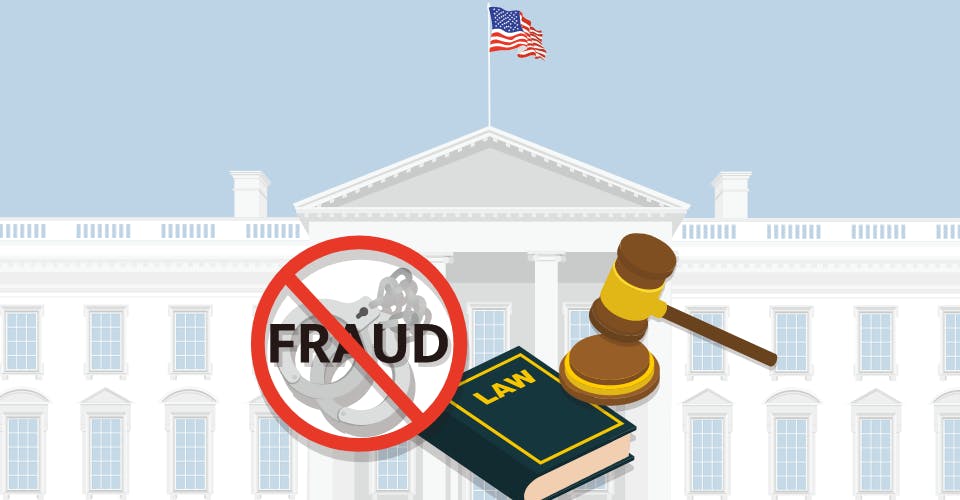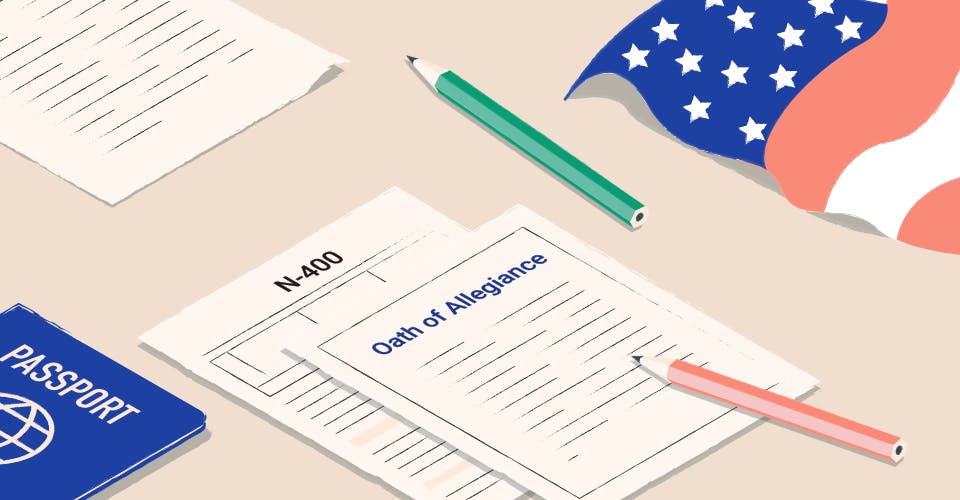When it comes to being a naturalized U.S. citizen, the last thing that passport holders want is to be interrogated with the suspicion and intent that their naturalization and citizenship in America is somehow fraudulent. Such suspicion creates a cycle whereby the State Department is seeking out methods that might be grounds for passport revocation (but also might not be).
Such controversy regarding denaturalizing citizens has been going on for many years and advocates on one side of the equation call the practice unnecessary targeting while proponents argue that they are upholding United States law and making America safer.
Regardless, this problem wreaks havoc on those who have been wrongly accused, especially when it comes to some ethnic groups in the United States. What is now termed as “denaturalization” refers to the process whereby a naturalized immigrant is essentially accused, sometimes without sufficient evidence, that their naturalization process was a fake.
The most common way the State Department, and by extension U.S. embassies are able to prove fraud is through someone’s identity, but there are also other examples. Embassy officials have, in the past, taken away passports on the basis that someone’s name on their passport is not a perfect match with their birth certificate in their country or origin. Even though this negates all of the hard work, steadfast employment, and income tax that may have been paid in the U.S., it can still be grounds for expulsion—which some immigration lawyers deem completely unjust.
Executive Authority and Case Study
This is because other criteria, more serious criteria, has historically been the basis for passport revocation, and not simply an error in printing one's name. For example, the three leading causes of passport revocation for naturalized citizens, include the following:
- Passports may be denied or revoked if the passport holder has been convicted of a federal or state drug offense and used the U.S. passport when crossing an international border to commit the offense.
- Passports may be denied or revoked if an individual is in default on a loan received from the United States for repatriation or emergency assistance.
- Passports may also be revoked if an individual is in arrears of child support for an amount exceeding $2,500.
The above three criteria illustrate that there are serious justiciable areas that are grounds for passport revocation, and the U.S. Justice Department, especially in the case of U.S consulates is stepping up their awareness for fraud and illegal activity during the current administration and crackdown on immigration.
One community that has been targeted is the Yemenis, who mostly live in New York City and have settled on the East Coast of the United States in recent decades as the humanitarian situation in their country has deteriorated over the years. Yemenis who are based in New York often travel back to Sana’a to see family members, and also to bring relatives to the U.S. embassy so they can apply for visas to visit America. In this process, many Yemenis have had their passports revoked after simply visiting the consulate, but not for the reasons stated above. More commonly, according to Fordham Law School (a university based in the Bronx, New York), such American citizens have been charged with fraudulent passports not matching their real names, and in such scenarios, have been stripped of their passports entirely, without being able to obtain temporary travel documents to attend a post-revocation hearing back in the U.S.
The basis for de-naturalization
In the Yemeni example, it is clear that while some newly naturalized citizens might have violated U.S. law, they were not terrorists and had no affiliation with terrorist groups or serious crimes. This brings to mind whether the basis for de-naturalization has in recent years been a way of simply purging the U.S. of more immigrants, or if the grounds for expulsion are actually relevant.
Christian Penichet-Paul, a policy and advocacy manager with the National Immigration Forum, says he hopes the current administration's denaturalization efforts are limited to the most serious cases.
Overall, the USCIS is supposed to follow protocol and strip individuals of their citizenship if there is overwhelming evidence that the person in question is in clear violation of a fair application. For some cases, this creates a gray area where someone might be a tax-abiding citizen with roots in their community, but because of a technicality, they are in dangerous territory of possibly being deported.














